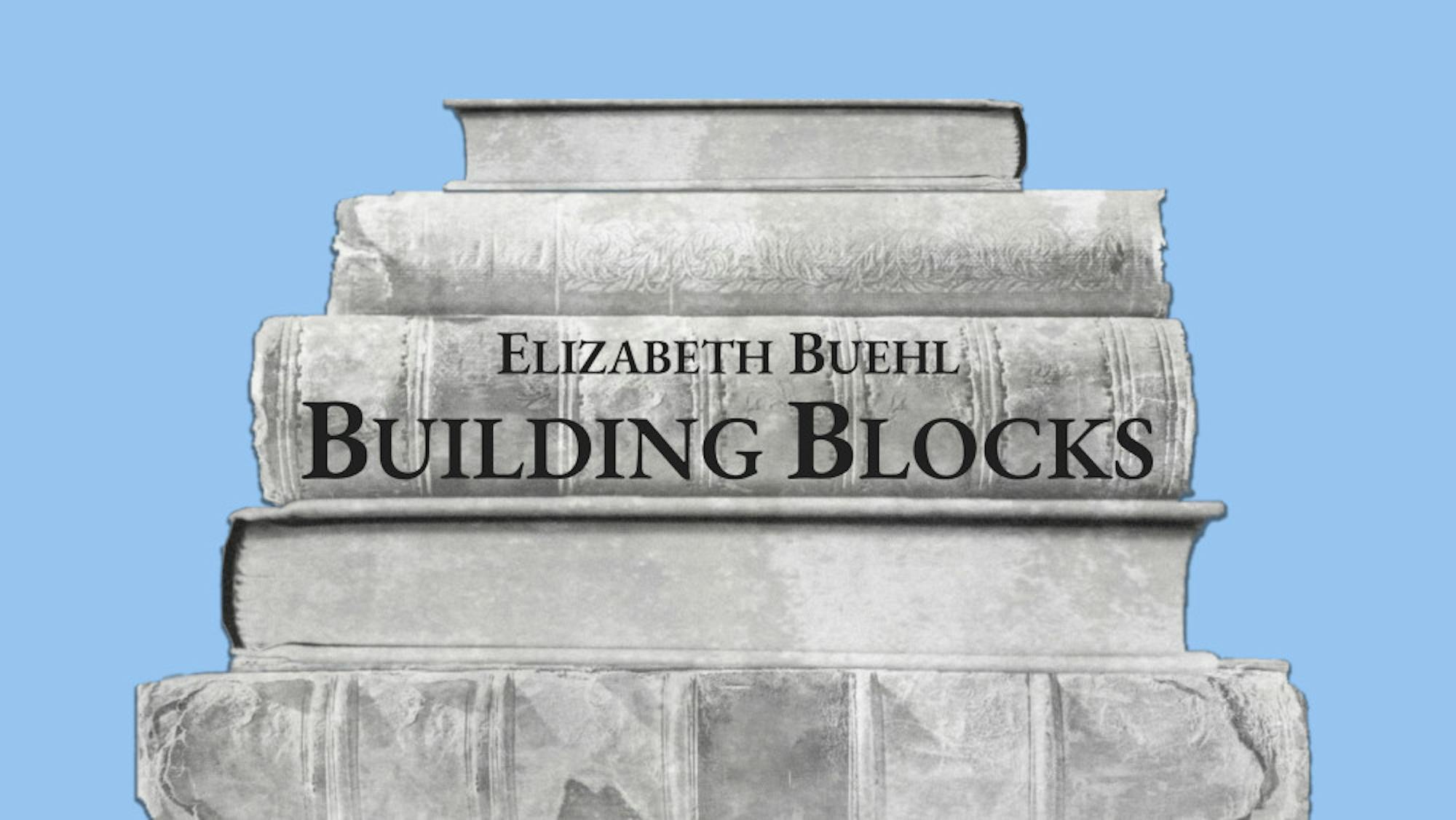Current and past college students in the United States understand the pressure of standardized testing all too well. Students have been taking the SAT and the ACT, two of the most common college entrance exams, since the early to mid 20th century. These respective examinations were created with the intent of predicting students’ success in higher education. This practice has endured, and the number of students taking these exams has skyrocketed over subsequent years. Despite the pandemic, almost 2.2 million students took the SAT and around 1.7 million students took the ACT in 2020.
With this astronomical turnout comparable to the population of Los Angeles, Calif., one may presume that these tests are being given away for free. Yet, in actuality, their costs range from $52 to $70 per examination. The ACT and the College Board, the parent company of the SAT, have monopolized the college admissions market, funneling customers into their money-making machine. Unfortunately, the testing fee is not the stand-alone financial burden associated with these tests. Privileged families across the globe shell out astonishing sums of money for review materials, study groups and private tutoring with rates reported as high as $1,000 per hour. We must ask ourselves how we are able to create an equal playing field for students who are barely able to afford the cost to sit for the exam and students who have received hours of pricey test prep.
The cost of these examinations is not the only barrier to higher education for minority students; the structure of the test also poses difficulties. The current SAT may appear vastly different, yet it remains inherently the same as the original test that was invented almost 80 years ago as an adaptation of the IQ test. The first rendition of this examination was overtly racist in practice, and sought to bolster a discriminatory college admissions system that aimed to keep minority students out of prestigious institutions through carefully worded questions and unfair structure. While the test has been modified, there are still aspects of this examination that include underlying racist tones.
There are many advocates who support modifying these standardized tests, whether in structure or cost. While moderately helpful, the only long-lasting solution that will create greater equity and diversity in higher education and, ultimately, in the entirety of society is to eradicate these tests entirely. The Daily recently reported that “undergraduate applications for the Class of 2025 soared 35% since last year, with the most ethnically and racially diverse first-year applicant pool ever.” This shift comes alongside the university’s first ever leap to a test-optional policy, clearly demonstrating the efficacy of removing standardized testing as a barrier to higher education. Other prominent institutions, including all Ivy League universities, also shifted to test optional policies this past year.
While going test-optional is a step in the right direction, it is simply not enough. Colleges and universities nationwide must stop accepting standardized test scores altogether in order to take the much-needed and long-anticipated plunge into equitable admissions practices.






